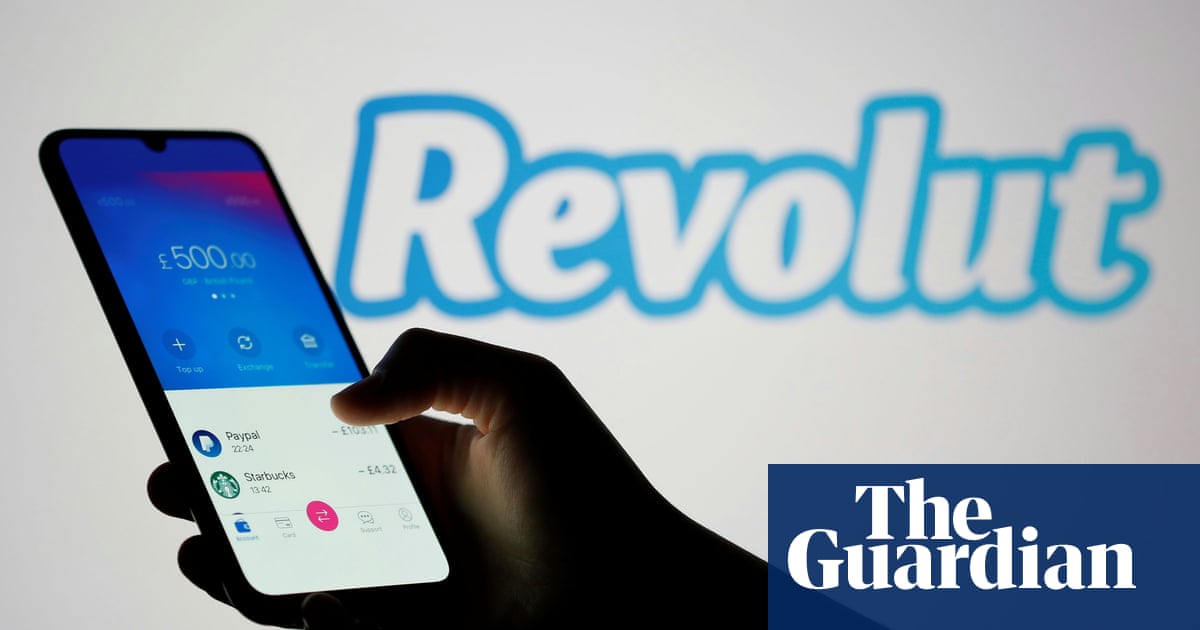Revolut has been tracking staff behaviour, granting or docking points on an internal “Karma” system that is feeding into the UK bank’s decisions on bonus payouts.
The practice was detailed in Revolut’s annual report, which showed that profits had more than doubled last year, jumping 148% to £1bn in 2024. That increase was due to a rise in subscriptions, and revenues from its wealth and crypto trading divisions.
Revolut – Europe’s most valuable fintech firm – did not disclose a bonus pool for staff, but explained that it had been building a “healthy risk and compliance culture” through a “points-based system” that was helping determine payouts for its workforce.
That system, called Karma, which launched in 2020, is used to track how well staff follow risk and compliance rules “resulting in employees gaining and losing points that will ultimately affect bonuses”, Revolut’s annual report says.
Those points are amalgamated at a team level, with their collective score then used to either dock or multiply individual employees’ final bonuses. Revolut said that Karma “serves … as a feedback loop that rewards and corrects behaviours”.
The move comes as Revolut tries to bolster a once-tarnished reputation for weak compliance and a toxic work culture. In the years after its launch in 2015, Revolut grappled with accounting issues and EU regulatory breaches, as well asreputational concerns, including an over-aggressive work environment, all of which are believed to have delayed the approval of its UK banking licence.
The fintech company says it has since resolved those accounting and regulatory problems, and has made efforts toimprove its working culture.
Co-founded by the former Lehman Brothers banker Nik Storonsky, Revolut originally launched as a pre-paid card focused on free currency exchange for customers. It has since grown to more than 10,000 staff, serving customers in more than 36 countries, with more than 50 products and services. As well as money transfers, it offers home rentals, buy-now pay-later credit, wage advance, e-sims, and crypto trading.
Revolut waited three years but finallysecured a UK banking licence, with restrictions, in July and expects to gain full approval from UK regulators this year. It will pave the way for a bumper stock market flotation, with Revolutlast valued at $45bn. UK politicians and City bankers are desperate to convince Storonsky that London should host Revolut’s primary listing.
On Thursday, the bank reported that customer account subscription revenue had leaped 74% last year to £423m, after it rolled out “enhanced benefits” across its paid plans. Among its flashy perks were tickets to an exclusive London gig with the pop star Charli xcx days before her sold-out UK arena tour in November.
Revenues across Revolut’s wealth division surged 298%, driven by crypto currency trading and the launch of its own crypto exchange platform.
